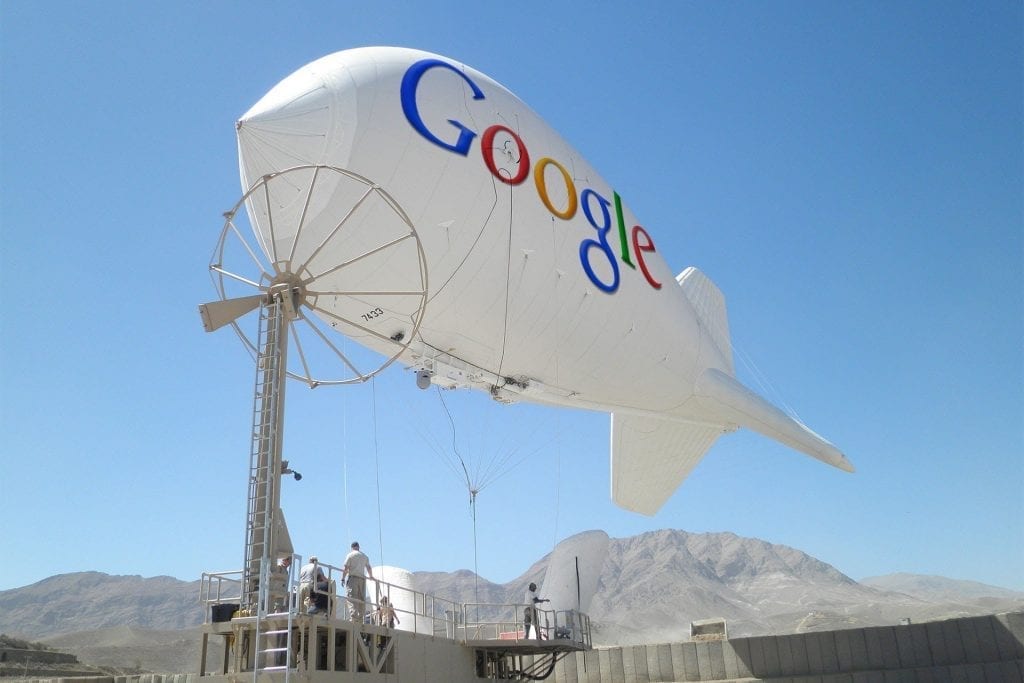
The expansion of the program, which was first launched in India 18 months earlier, could bring more users online, expanding Google’s global footprint and bolstering its potential ad revenue. Google Station can, in effect, boost the country’s rising internet penetration. Internet users in Indonesia increased 51% year-over-year (YoY) in January 2017, however, internet penetration remains low, at 40%.
By extending the program to Indonesia, Google is likely seeking to replicate the success of its Google Station program in India:
Google Station is just the latest effort by the company to connect the next billion users by catering to the needs of those in emerging markets. Google has previously released products and services targeted toward these smartphone users. Just last week, Google began experimenting with a light version of its Search app in Indonesia. The company is also rolling out Android Go, a low-data and budget-friendly version of the upcoming version of Android for developing markets.
However, Google is not alone in turning to Indonesia to build out a user base. In 2015, Facebook launched its connectivity initiative, the Internet.org mobile app, in Indonesia, to get more people online. The app includes numerous connectivity strategies, including the Free Basics app, which enables consumer access to certain